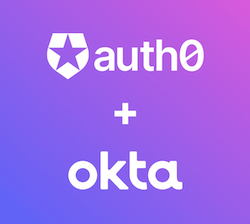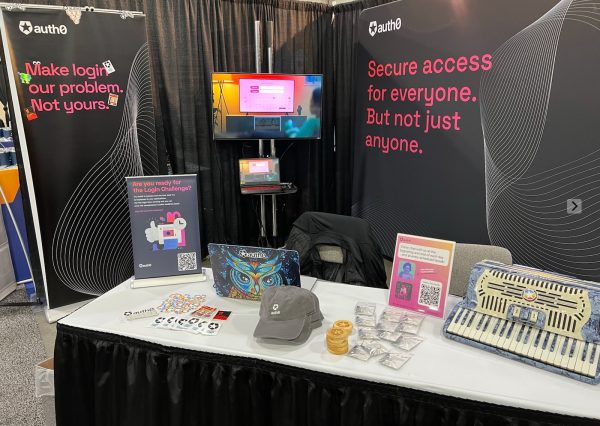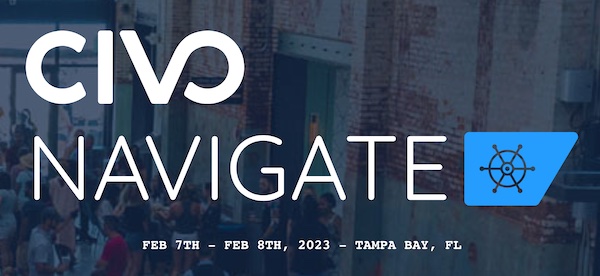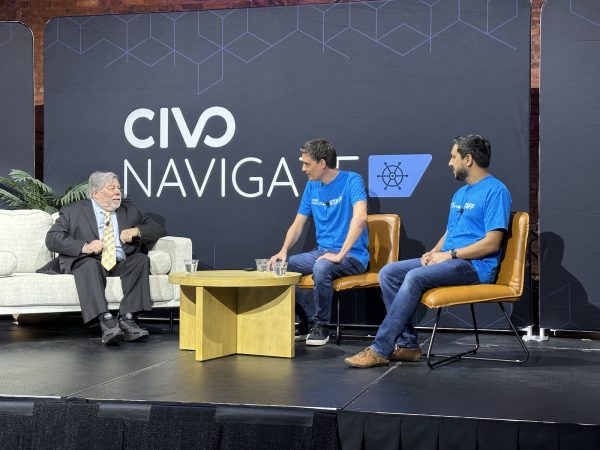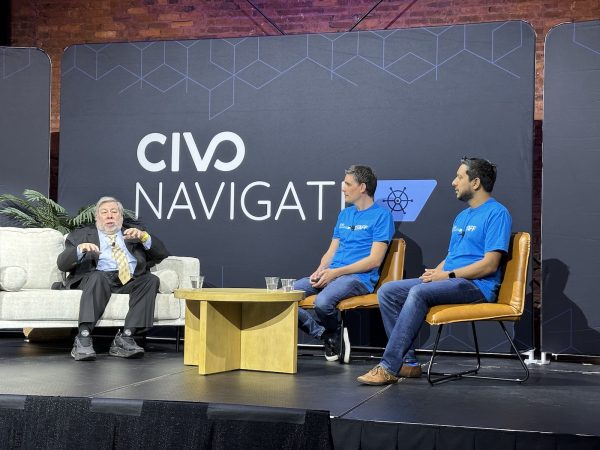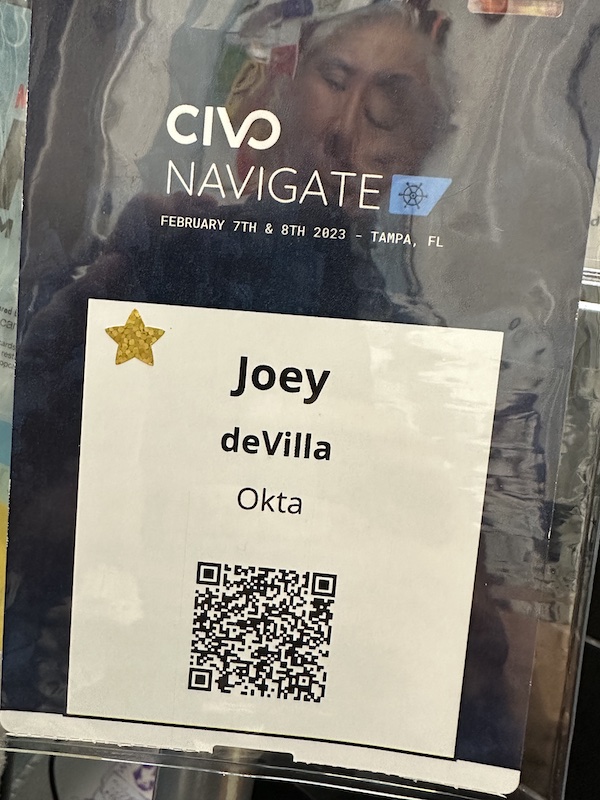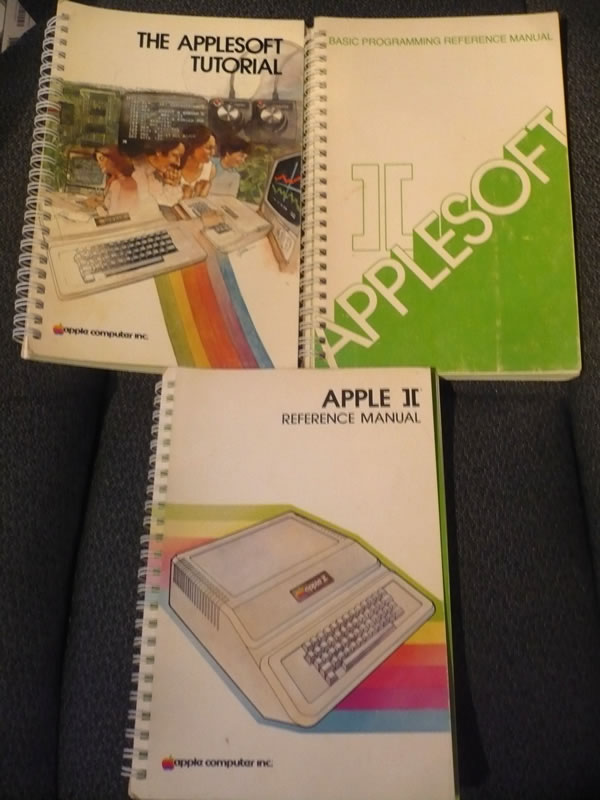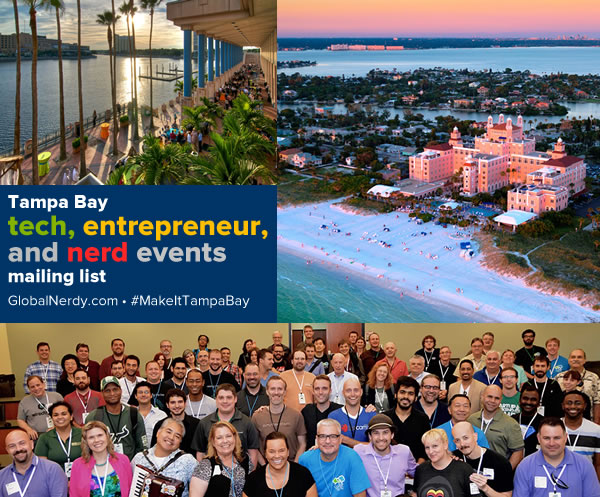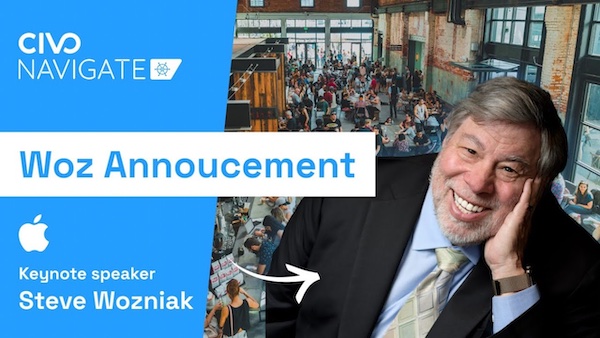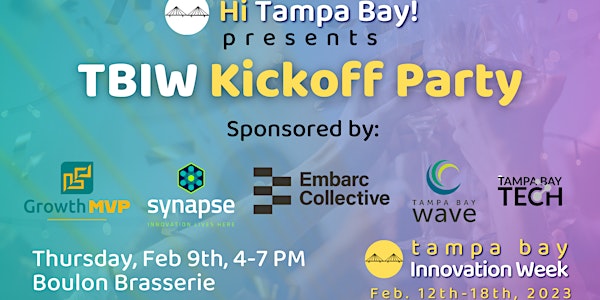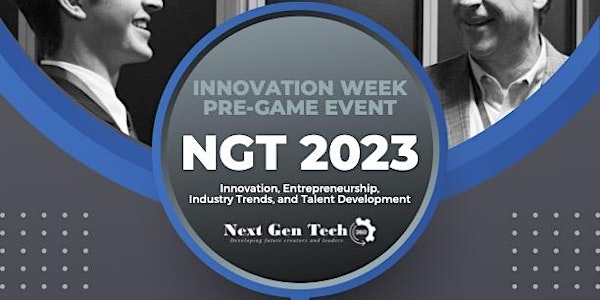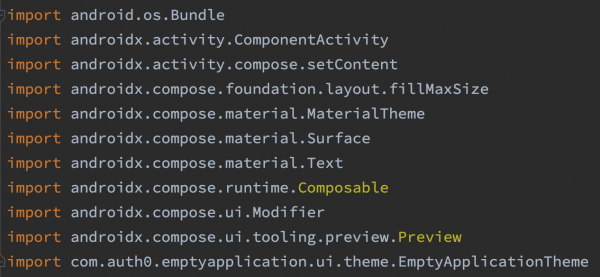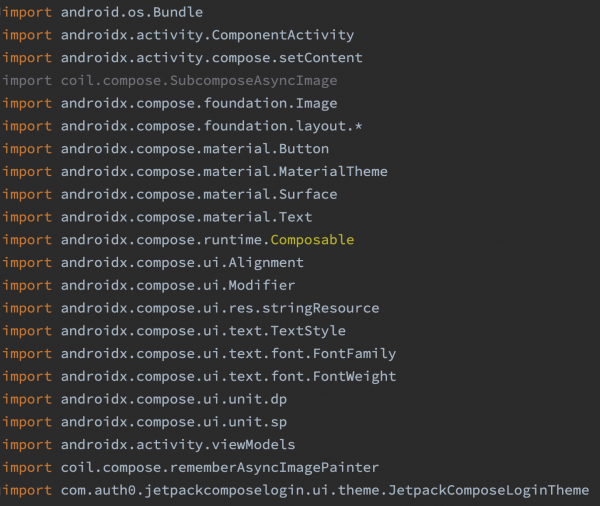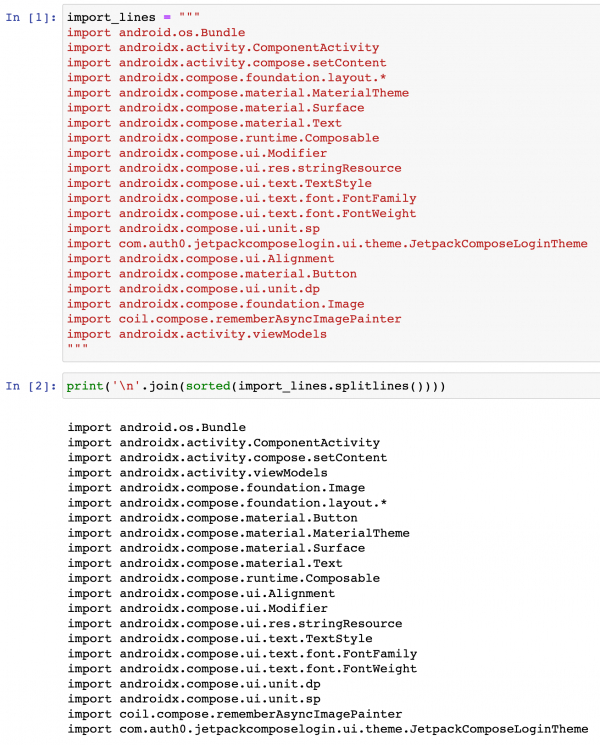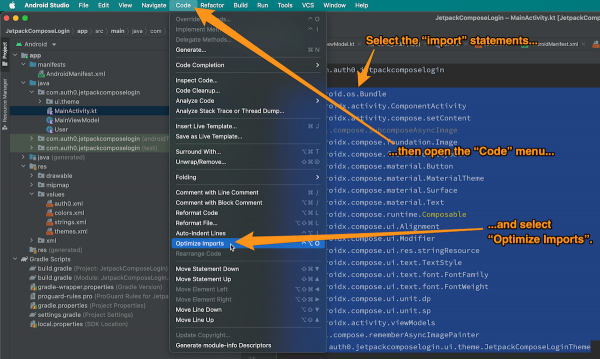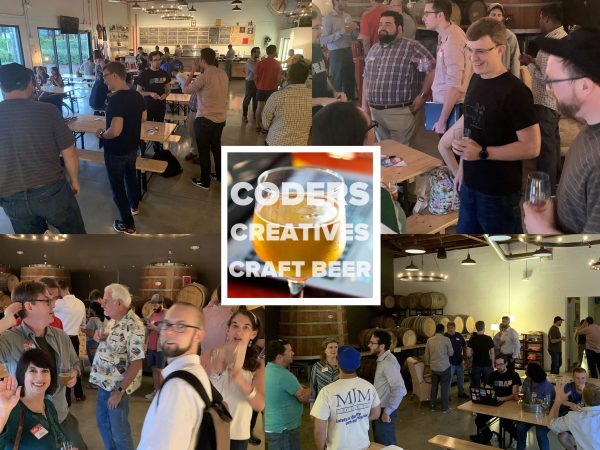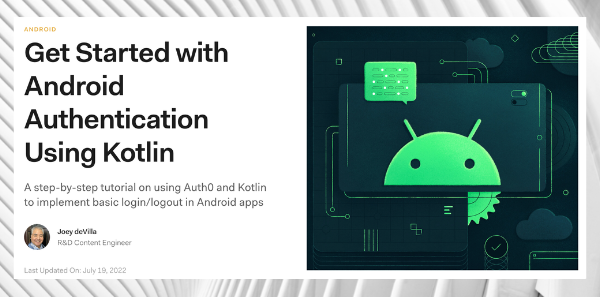| Group | Event Name | Time |
|---|
| Network Professionals Inc. of South Pinellas (NPI) • Saint Petersburg, FL | NPI Profit Partners Chapter – Exchange Qualified Business Referrals | Wed, Feb 15 · 7:30 AM EST |
| The University of Tampa – Vaughn Center 9th Floor Crescent Club • Tampa, FL | 2023 Leadership Summit – Featuring: Bill Treasurer | Wed, Feb 15, 7:30 AM |
| 1 Million Cups – Orlando • Oviedo, FL | 1 Million Cups – Orlando Weekly Meetup | Wed, Feb 15 · 8:30 AM EST |
| Embarc Collective | Open House @ Embarc Collective | Wed, Feb 15 · 9:00 AM EST |
| The Life Enrichment Center – Art Classes, Workshops & Events • Tampa, FL | Oil and Acrylic Open Studio Am with Tim Gibbons | Wed, Feb 15 · 9:00 AM EST |
| Suncoast Drone Club • Tampa, FL | Safety Harbor Waterfront Park | Wed, Feb 15 · 9:00 AM EST |
| Florida Center for Creative Photography • Saint Petersburg, FL | Coffee & Photography at O’Keefe’s Family Restaurant in Clearwater | Wed, Feb 15 · 9:00 AM EST |
| Entrepreneur Collaborative Center • Tampa, FL | 1 Million Cups Tampa 2023! | Wed, Feb 15, 9:00 AM |
| Orlando Unity Developers Group • Orlando, FL | Online: Blender – Painting Weights | Wed, Feb 15 · 10:30 AM EST |
| Tampa Bay Inventors Council – www.TampaBayInventors.org • Largo, FL | Free OPEN Passes to ProductWorld 2023 TBIC | Wed, Feb 15 · 11:00 AM EST |
| Orlando Cybersecurity Meetup • Orlando, FL | 3 most overlooked Active Directory vulnerabilities and how to detect them | Wed, Feb 15 · 11:00 AM EST |
| Calcitesystems • Tampa, FL | Tech space- Welcome to new graduates | Wed, Feb 15 · 11:30 AM EST |
| Young Professionals Networking JOIN in and Connect! • Saint Petersburg, FL | Brandon Business Professionals Just Love Coffee | Wed, Feb 15 · 11:30 AM EST |
| Tampa / St Pete Business Connections • Tampa, FL | Brandon Business Professionals IN Person!!!! | Wed, Feb 15 · 11:30 AM EST |
| Entrepreneurs & Business Owners of Sarasota & Bradenton • Sarasota, FL | Sarasota Business Networking Lunch All Welcome, Just purchase Lunch! | Wed, Feb 15 · 11:30 AM EST |
| Bradenton/Sarasota Networking Meetings and Mixers • Sarasota, FL | Business Networking Lunch | Wed, Feb 15 · 11:30 AM EST |
| Tampa Bay Business Networking Meetings & Mixers • Tampa, FL | Brandon Networking Professionals Networking Lunch | Wed, Feb 15 · 11:30 AM EST |
| Professional Business Networking with RGAnetwork.net • Tampa, FL | Carrollwood Professional Networking Lunch Wednesday All Welcome JOIN us | Wed, Feb 15 · 11:30 AM EST |
| Marriott – St. Petersburg/Clearwater • St Petersburg, FL | Tampa Bay RIMS February 2023 Meeting | Wed, Feb 15, 11:30 AM |
| Just Love Coffee Cafe – Brandon FL • Brandon, FL | Brandon Young Professionals Networking Lunch at Just Love Coffee Wednesdays | Wed, Feb 15, 11:30 AM |
| Glory Days Grill • Tampa, FL | 11:30AM Wednesday Carrollwood Professional Networking at Glory Days Grill! | Wed, Feb 15, 11:30 AM |
| The Entrepreneurs Success Academy • Sarasota, FL | Virtual Networking and Members Meetup | Wed, Feb 15 · 12:00 PM EST |
| Web Design And SEO/SEM Three Sixty Degrees • Apollo Beach, FL | Web Design And SEO/SEM Three Sixty Degrees | Wed, Feb 15 · 12:00 PM EST |
| Thinkful Webinar • Tampa, FL | Thinkful Webinar || Learn Data Analytics With Thinkful | Wed, Feb 15, 12:00 PM |
| Free Tampa Women Business Owners & Entrepreneurs Networking • Tampa, FL | Free Networking Event at Raining Berries Westchase | Wed, Feb 15 · 1:00 PM EST |
| Tampa Startup Founder 101 • Tampa, FL | Startup Open Mic: Pitch A Startup Idea & Get Friendly Feedback (online) | Wed, Feb 15 · 1:00 PM EST |
| Shut Up and Write Sarasota • Sarasota, FL | Shut Up & Write!® at the Gulf Gate Library in Sarasota | Wed, Feb 15 · 1:00 PM EST |
| TampaBayNetworkers • Pinellas Park, FL | FREE 15+30 Virtual Networking | Wed, Feb 15 · 2:45 PM EST |
| Network After Work Tampa – Networking Events • Tampa, FL | Lazy LinkedIn Leads: How To Get Prospects On Auto-Pilot | Wed, Feb 15 · 3:00 PM EST |
| Women’s Networking Group • Kissimmee, FL | Wine Down Wednesday! | Wed, Feb 15 · 4:00 PM EST |
| Florida Startup: Idea to IPO • Tampa, FL | FREE WEBINAR: How to Outsource Development of Your App | Wed, Feb 15 · 5:00 PM EST |
| The Tampa Chapter of the Society for the Exploration of Play • Tampa, FL | Playing Games in the Alley | Wed, Feb 15 · 5:00 PM EST |
| Brandon Boardgamers • Brandon, FL | Board Gaming – In Person | Wed, Feb 15 · 5:00 PM EST |
| Sarasota Business Exchange Club • Sarasota, FL | We ARE meeting again at Rusty Bucket Restaurant | Wed, Feb 15 · 5:30 PM EST |
| Tampa Java User Group • Tampa, FL | Java, Jenkins, Jira and JFrog | Wed, Feb 15 · 6:00 PM EST |
| Tampa Bay Metaverse • Tampa, FL | Metaverse monthly updates -> ChatGPT, NFT, Avatar integrations | Wed, Feb 15 · 6:00 PM EST |
| Agile Open Community Meetup Group – Worldwide • Orlando, FL | Agile Open Forum | Wed, Feb 15 · 6:00 PM EST |
| DigitalDeLand • Deland, FL | Digital DeLand Monthly Meeting | Wed, Feb 15 · 6:00 PM EST |
| The Pinellas County Young “Professionals” • Saint Petersburg, FL | Ruff day? Come chill at the Dog Bar | Wed, Feb 15 · 6:00 PM EST |
| Saint Pete Boardgamers • Saint Petersburg, FL | Board Game Night! | Wed, Feb 15 · 6:00 PM EST |
| Nerdbrew Events • Tampa, FL | Games & Grog @ Felicitous! | Wed, Feb 15 · 6:00 PM EST |
| Tampa Bay Gaming: RPG’s, Board Games & more! • Tampa, FL | Hobby Night – Minis Painting Tips & Tricks at Armada Games | Wed, Feb 15 · 6:00 PM EST |
| Orlando D and D 5th Edition custom scenarios or campaigns • Orlando, FL | D&D 5e Savage Frontiers | Wed, Feb 15 · 6:00 PM EST |
| Board Game Meetup: Board Game Boxcar • Orlando, FL | Blood on the Clocktower & Board Games! (Deadwords Brewing Location) | Wed, Feb 15 · 6:00 PM EST |
| Thinkful Webinar • Tampa, FL | Thinkful Webinar || Data Science vs. Data Analytics | Wed, Feb 15, 6:00 PM |
| Eccentricity Club (Foodies and Fun) • Altamonte Springs, FL | Korean at Korea House in Longwood | Wed, Feb 15 · 6:15 PM EST |
| The Weirder Things Book Club • Parrish, FL | The Power Naomi Alderman finish | Wed, Feb 15 · 6:30 PM EST |
| Low Light Photography Group • Bradenton, FL | Basic Editing and Composition – Astro-Landscape Edition | Wed, Feb 15 · 6:30 PM EST |
| Tampa Bay Bitcoin • Tampa, FL | [Virtual] Tampa Bay Bitcoin Meetup: News, Markets, & Community | Wed, Feb 15 · 7:00 PM EST |
| Tampa Hackerspace • Tampa, FL | 3D Printing Orientation: Models and Slicers | Wed, Feb 15 · 7:00 PM EST |
| Defcon813 • Tampa, FL | CigarCitySec | Wed, Feb 15 · 7:00 PM EST |
| Central Florida CitySec • Orlando, FL | CigarCitySec Meetup | Wed, Feb 15 · 7:00 PM EST |
| Agile Orlando • Orlando, FL | The Agile Un-Book Club | Wed, Feb 15 · 7:00 PM EST |
| Girl Develop It Orlando • Orlando, FL | Modern Layouts with CSS (2 Classes) | Wed, Feb 15 · 7:00 PM EST |
| Castaways Euchre Club • Saint Petersburg, FL | Castaways Euchre Club | Wed, Feb 15 · 7:00 PM EST |
| Tampa – Sarasota – Venice Trivia & Quiz Meetup • Bradenton, FL | Smartphone Trivia Game Show at Wilders Pizza | Wed, Feb 15 · 7:00 PM EST |
| Adventures On Tap DnD and Board Games • Orlando, FL | Nerd Night: Board Games and Beer at Deadwords Brewing | Wed, Feb 15 · 7:00 PM EST |
| Central Florida AD&D (1st ed.) Grognards Guild • Winter Park, FL | New Beginnings & Old Rivalries | Wed, Feb 15 · 7:00 PM EST |
| Communication Skills for Quiet People • Orlando, FL | Conversation Starters For The Introvert And Quiet Person | Wed, Feb 15 · 7:00 PM EST |
| Horror Fan Fun Time Gang • Saint Petersburg, FL | Horror Friends Movie Night – Winnie the Pooh: Blood and Honey!!! | Wed, Feb 15 · 7:00 PM EST |
| Nerd Night Out • Tampa, FL | Game Night @ Felicitous on 42nd by USF | Wed, Feb 15 · 7:00 PM EST |
| Central Florida Social Club • Orlando, FL | Casual Social at Gator’s Dockside Hunters Creek – Food, Drinks, & Good Times | Wed, Feb 15 · 7:00 PM EST |
| Make Friends with Someone in this Group, Orlando, FL • Orlando, FL | How to Be an Amazing Communicator | Wed, Feb 15 · 7:00 PM EST |
| North Florida Stock Investing Education • Tampa, FL | High Yield Dividend Paying Stocks | Wed, Feb 15 · 7:30 PM EST |
| Thinkful Webinar • Tampa, FL | Thinkful Webinar || Intro To Data Analytics: Tableau Basics | Wed, Feb 15, 9:00 PM |
| Tampa / St Pete Business Connections • Tampa, FL | Carollwood Professionals Networking Lunch! | Wed, Feb 15 · 11:30 PM EST |

